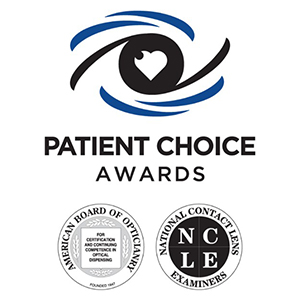
By Linda Conlin, Pro to Pro Managing Editor
“You can fool all the people some of the time and some people all the time, but you cannot fool all the people all the time,” is a saying often attributed to Abraham (Honest Abe) Lincoln. It’s something well worth remembering in our dealings with patients. When something goes wrong with a patient’s glasses or contact lenses, how often do we seek to deflect blame onto the mysterious “lab” or other supplier? Why not step up and own the problem?
When face to face with an unhappy patient, retreating behind some entity unknown and inaccessible to the patient seems like a quick and easy path, and may seem to give us solidarity with the patient in being victims of some other person’s error. But that tactic can rebound on you. Blaming a lab or manufacturer may lead a patient to think we are dealing with substandard suppliers. Patients sometimes ask, “How do I know they will get it right this time?” We have now prolonged the discussion, potentially leading to more vague excuses. Most people can tell when we are being evasive or even deceptive, which undermines their trust in us.
Granted, errors occur which is why we verify eyewear before dispensing. Often enough, however, the lab or contact lens supplier has filled the prescription exactly the way it was ordered, and the error is ours. Consider, too, that the patient doesn’t really care who made the error, they only want it resolved. I have found that the best way to handle a problem is to tell the truth, apologize and immediately offer a solution. “We made an error and regret that it happened, but we can have it corrected within a few days.” Most people are more prepared to dismiss excuses than they are to address honesty. It catches them off guard, and, really, what else is there for them to say? We have identified the problem and assured the patient it will be corrected quickly, which is exactly what the patient wants in the first place. Many people appreciate our sincerity and actually seem relieved that there won’t be an argument about a solution. I had a great experience when a doctor brought a patient to me and said, “I made a mistake with this prescription. Let’s get it fixed.” The patient was all smiles! Of course, I won’t deny that some people will have a strong negative reaction to an error, but starting with the truth maintains our credibility at the least.
The two other articles in this eblast also deal with being truthful in our dealings with patients and our peers. Be sure to check them out. You can also learn more about solving patient problems with our CE, Problem Solving 101: How to Troubleshoot like a Pro, at 2020mag.com/ce.













